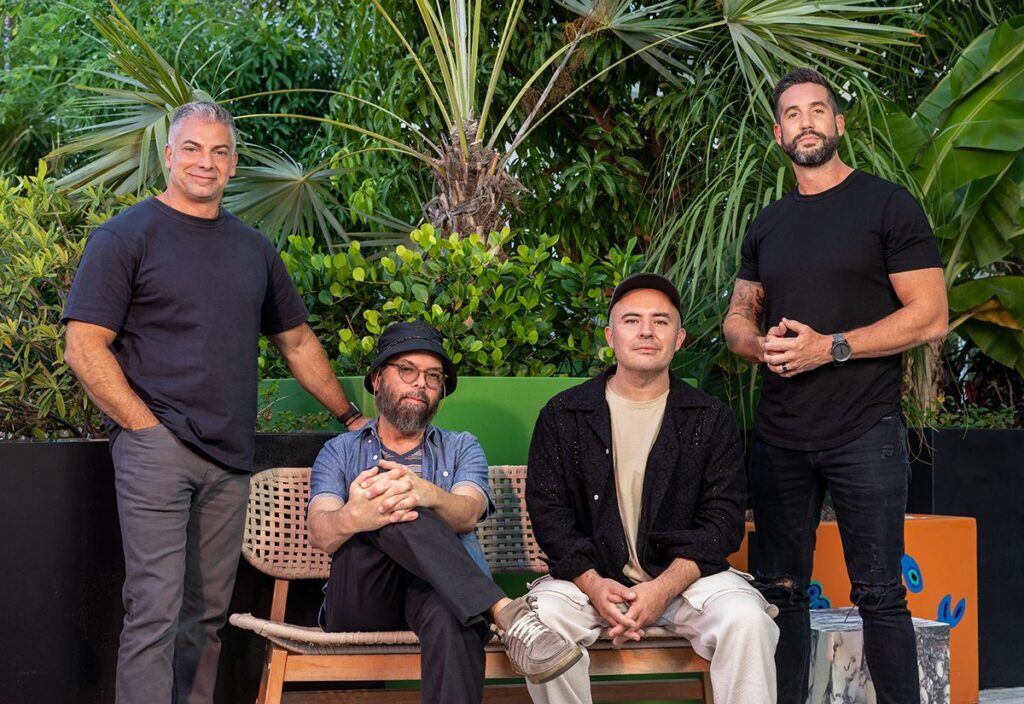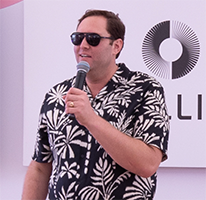A federal appeals court in Chicago earlier this month upheld a multimillion-dollar judgment against the marketer of the so-called Q-Ray Ionized Bracelet, saying its pain-relief claims are fraudulent.
In an unusually colorful ruling, the Seventh Circuit Court of Appeals upheld a lower court decision that QT Inc. and its CEO, Que Te Park, must pay $16 million into a fund to be distributed to all of its customers, plus refund the full price of some bracelets to people who had purchased the bracelets online. The refunds could go as high as $87 million.
The appeals court on Jan. 3 rejected QT Inc.’s claim that the district court held it to too high a standard of proof for its claims of pain relief. The court also rejected QT Inc.’s claim that the bracelets benefited consumers through a placebo affect.
The court called all of QT Inc.’s claims about the therapeutic benefits of the bracelets “blather.”
The court added: “Defendants might as well have said: ‘Beneficent creatures from the 17th Dimension use this bracelet as a beacon to locate people who need pain relief, and whisk them off to their homeworld every night to provide help in ways unknown to our science.'”
The court also rejected QT Inc.’s contention that testimonials could support its claims.
“That’s why the ‘testimonial’ of someone who keeps elephants off the streets of a large city by snapping his fingers is the basis of a joke rather than proof of cause and effect,” the court said.
The Federal Trade Commission sued QT Inc. in 2003, claiming that the company falsely advertised its bracelets in infomercials, online and at trade shows as providing pain relief.
In 2006 a federal district court in Chicago found in favor of the FTC, ruling that QT Inc. was to forfeit at least $22.5 in profits and up to $87 million in refunds to consumers who bought the bracelets between Jan. 1, 2000 and June 30, 2003. The district court later reduced the minimum figure to $15.9 million.
QT Inc. filed for bankruptcy last year, but as of yesterday was still selling the bracelets, which go for anywhere from $50 to $300, on its Web site at Qray.com.
Calls to the company were answered by an automated system and then put on hold.
 Network
Network

